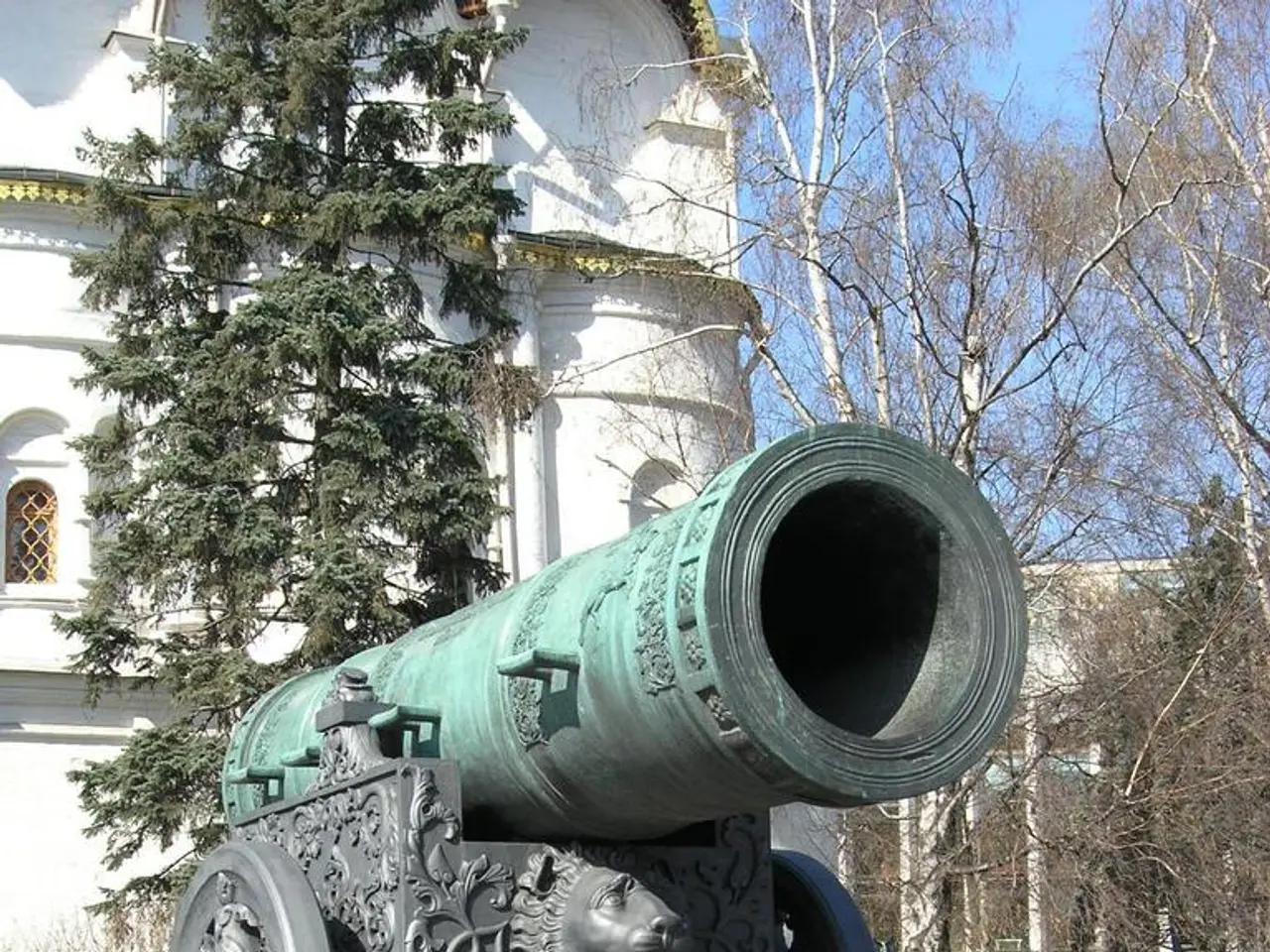Deep State Plundering: Exploring the Underhanded Methods Used by the Political Elite to Seize Control from the General Public
In the heart of the United States, a silent and powerful force known as the Deep State exerts its influence, shaping the policies and decisions that govern the nation. This network of entrenched government actors, including military, intelligence, bureaucrats, and sometimes linked elites, operates beyond the reach of elected officials and democratic accountability, contributing to the erosion of self-government and individual rights.
One of the ways the Deep State undermines self-government and rights is by persisting in power beyond electoral cycles. As it resists political change and subverts the will of voters, it diminishes effective democratic control over government, limiting the ability of citizens to shape their own destiny.
Modern technologies, such as AI-driven facial recognition, spyware, and social media profiling, have been weaponized by government agencies associated with the Deep State to surveil, censor, and suppress political activists, human rights defenders, and marginalized groups. This restricts free expression and civic space, critical components of self-government and individual liberty.
There is a growing convergence between state security apparatuses and corporate media/tech platforms that control vast channels of information. This alliance enables subtle control over public discourse, potentially manipulating political views and limiting free and open democratic debate.
Moreover, because Deep State actors operate in shadows without direct oversight, their activities often elude traditional checks and balances designed to protect individual rights and ensure government transparency. The government issues secret executive orders, redacts critical information, and shields entire policy regimes from public view.
The Deep State's secretive power structures can weaken democratic institutions by limiting electoral accountability, curtailing civil liberties through surveillance and censorship, and collaborating with powerful private interests to control political narratives. As a result, the true self-government and individual rights in the United States are eroding.
Conspiracy theories about the Deep State tie it to broader fears of authoritarian global governance, reflecting serious concerns about loss of sovereignty, transparency, and rights under unaccountable power elites. The Trump administration, in particular, has been criticized for its attacks on the courts, threats to withhold FEMA aid from states, and its alleged seizure of the people's ability to be the government.
The right to bodily autonomy is being subverted by biometric tracking, mental health detentions, and proposed mandates for wearable surveillance devices. Civil liberties such as due process, freedom from arbitrary detention, and the presumption of innocence are being erased by executive edict.
The author argues that this is not just corruption, but a betrayal of the purpose for which governments are instituted. Over 250 years, the country has moved from valuing self-government to allowing a corrupt ruling elite to dominate through terror campaigns, brute force, and psychological warfare.
Transparency, the cornerstone of any functioning representative democracy, is vanishing behind a fortress of secrecy. The media is being muzzled, the police state is expanding, and the rise of new concentration camps are all seen as forms of theft.
In conclusion, the Deep State's entrenched, secretive power structures can weaken democratic institutions, limit electoral accountability, curtail civil liberties, and collaborate with powerful private interests to control political narratives. It is crucial for citizens to demand transparency, accountability, and a return to self-government in order to preserve the democratic principles that have defined the United States for over two centuries.
- The Deep State, with its secretive power structures, contributes to the erosion of truth and transparency, as it issues secret executive orders and shields entire policy regimes from public view.
- The suppression of free speech and civic space by the Deep State, through the use of modern technologies like AI-driven facial recognition and social media profiling, undermines the freedom and health of society.
- In the realm of science and education, the Deep State's influence can lead to policies that are not grounded in evidence, hindering progress and open discourse.
- The Deep State's subversion of democratic accountability and civil liberties can also be seen in matters of crime and justice, as due process and equality become compromised.
- War and conflicts, too, can be manipulated by the Deep State to serve hidden agendas, potentially leading to unnecessary suffering and a lack of justice for those affected.
- More broadly, the Deep State's collusion with powerful private interests in policy-and-legislation and general-news media can create an environment where democracy is distorted and the public is misinformed, risking the democratic values that are central to the United States.








